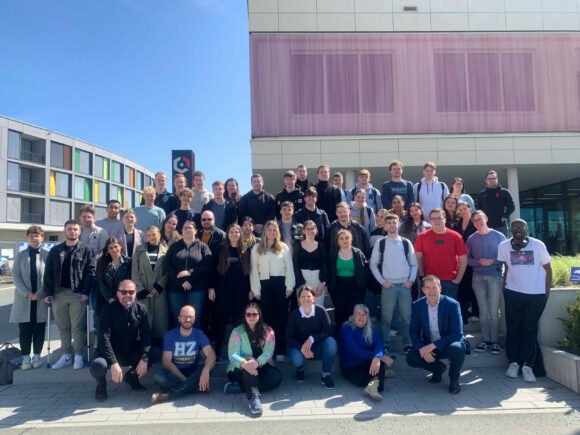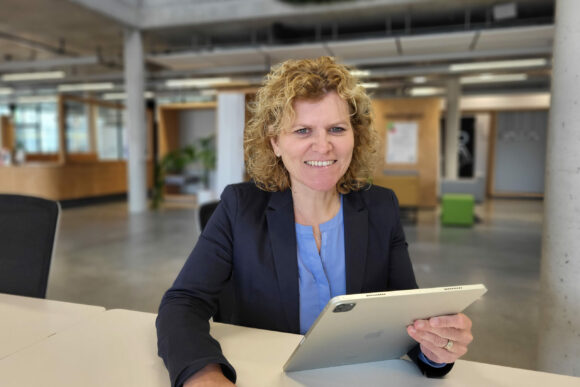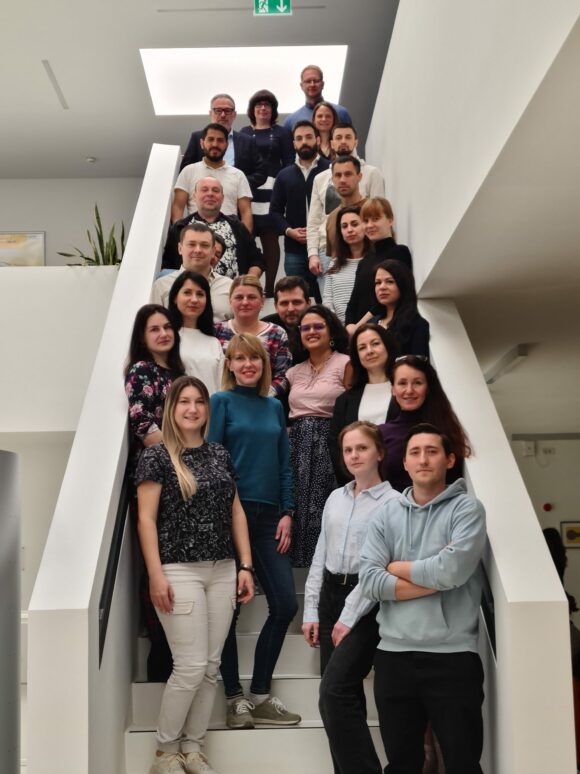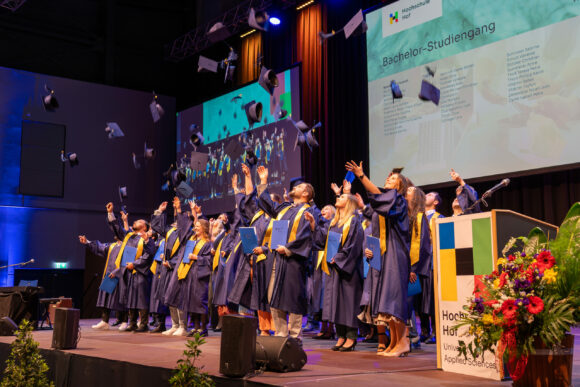Increasing fluctuations in temperatures and precipitation lead to longer dry periods on the one hand and urban flash floods on the other. The future challenge lies in dealing sensibly with these extremes. The certificate course “The Way to a Sponge City – Urban Development in Times of Climate Change”, funded by the EU and the Free State of Bavaria, takes up this task in a goal-oriented manner and conveys a complete understanding of the subject of sponge cities. In addition to the basics of the water cycle and technical and organizational solution options, the focus is also on the topics of digitalization and sustainability.

Statements at events such as the “Climate Conference Sponge City” at the UBA Dessau and the “Dresden Groundwater Days” show that the technical possibilities exist, but the path to implementation is very difficult. This is also shown by the surveys among the participants of the course, which were evaluated in a student project.
A crucial part of the course therefore deals with methods, such as multi-level analysis and the SOWIESO strategy, which can contribute to the implementation of sponge city measures in practice. At the end of the course, participants apply the methods they have learned to their own examples in practical exercises.
Originally, five courses were planned as part of the funding project. Due to the great demand, an additional 6th run is now being offered, which is already fully booked.
Some feedback from the participants:
Thank you again for the great organization and the many inspiring lectures.”
Themost important thing I took away for myself is the realization that I need to exchange experiences with like-minded people much more often and also to inform myself more about new methodologies and applications.”
Through the Schwammstadt course, my perspective on the planning process has broadened, especially through working together on example projects with different planners. This approach is already part of everyday life in our planning office, so it can be integrated into my personal work structure without any problems.”
The topic of Schwammstadt not only involves the planning and implementation of individual measures in the sense of Schwammstadt elements, but requires a much broader view of the overall situation. The course made me personally aware that not only the aspects of rain retention, delayed infiltration and microclimatic conditions are crucial in planning, but also water storage for coming dry periods, purification and reuse of wastewater, energy efficiency and, above all, communication on various levels with citizens, municipalities and authorities.
There were interesting experiences and contributions in the seminar. Especially the practical part was extremely informative for me.”







